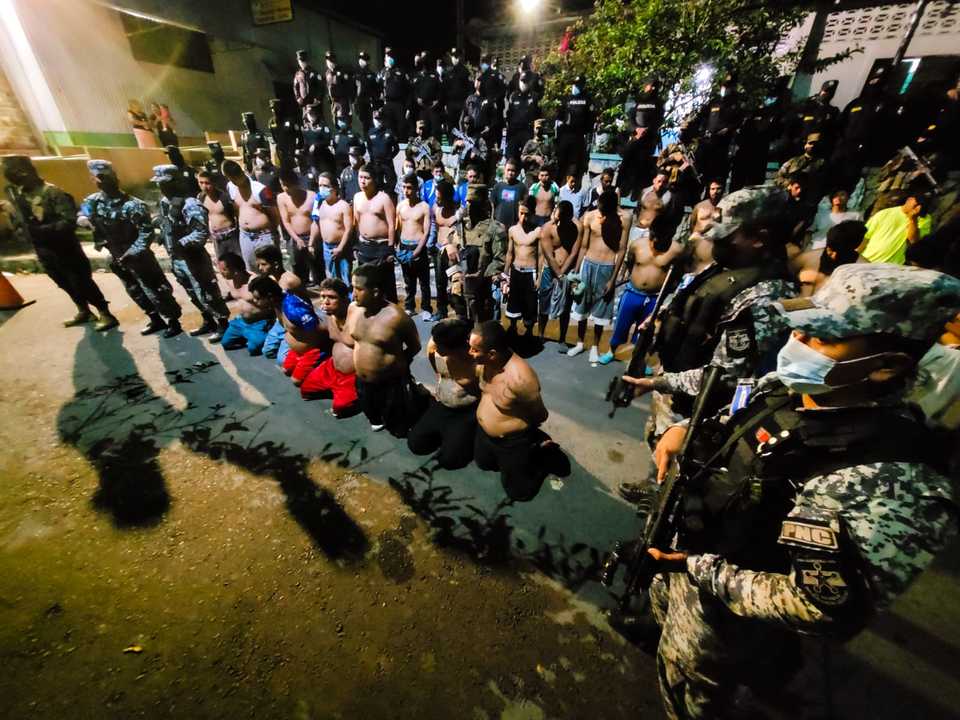In response to the rise in violence, the country’s President of the Parliament Ernesto Castro convened an extraordinary session on Sunday, when deputies approved the 30-day measure. Salvadorans will not be allowed to gather in larger groups while security forces will be able to arrest suspects without an order.
“We are facing a wave of violence, which puts the fundamental right to life at risk,“ Castro said, adding that the violence is a “structural issue, it’s at the root, it has not started over the weekend, it is the product of years and years.”
President Nayib Bukele tweeted the same day, promising the gangs that “because of your actions, now your “homeboys” won't be able to see a ray of sunshine,” referring to gang members who are already jailed.
The security agenda is a hot topic for the Bukele administration. The crimes have been attributed to the Mara Salvatrucha, also known as MS-13, which operates out of Guatemala, Honduras and Los Angeles. MS-13 is well-known for using extreme violence.
Since Friday, when the National Civil Police reported the murder of at least 14 people, security forces have arrested several MS-13 leaders and on Sunday, they arrested two of the gang leaders who were allegedly connected to some of the homicides orders.
Authorities have described the new confrontation with the crime groups as a war and the gang members as terrorists.
“We will not back down on this war against the criminal organizations, we will not rest until the criminals responsible for these events are captured and brought to justice,” police stated on Twitter.
Violence researcher Jeannette Aguilar and criminologist Carlos Carcach told local media that they see three causes that may be behind the spate of homicides: extradition pressures, takeover of bus routes by the authorities, and financial fragility.
Last summer the Bukele’s administration started implementing the 4th phase of the Territorial Control Plan, which focuses on raiding territories where gangs are operating.

